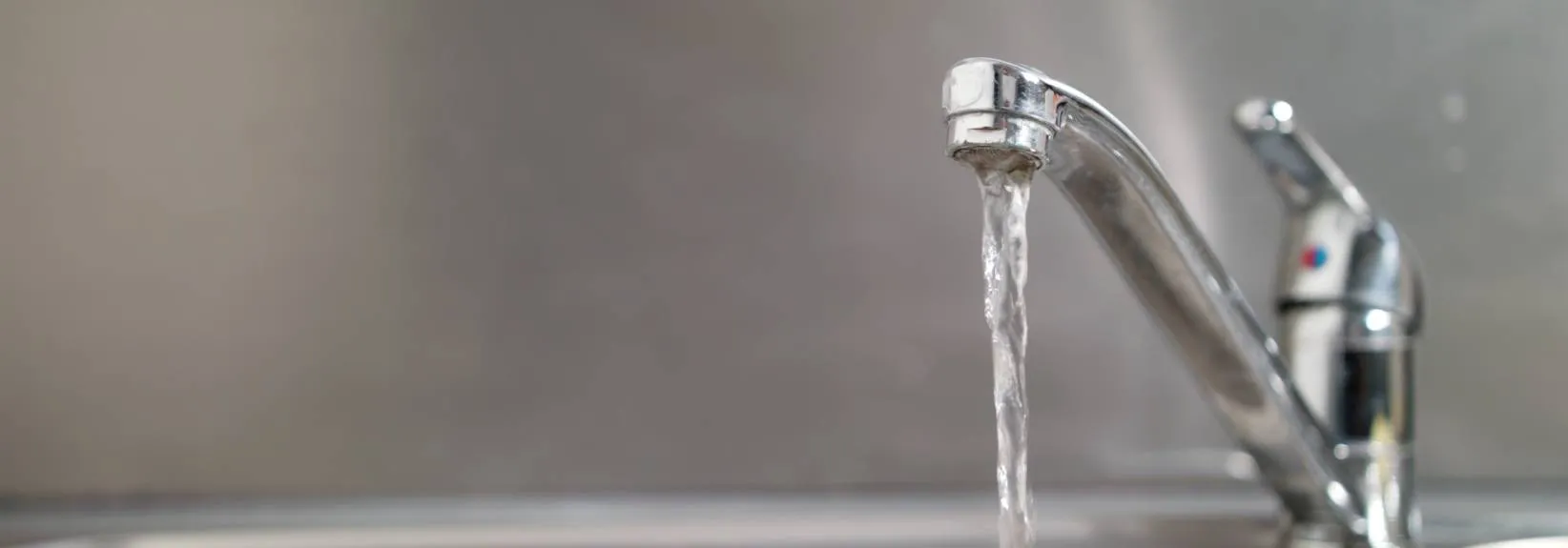Why Does My Air Conditioner Sound Like Running Water?
Air conditioners are complicated systems that rely on many different elements, including a compressor, evaporator coil, condenser coil and refrigerant to regulate your home’s temperature and humidity level. While these machines are generally sturdy and reliable, it’s not unusual for AC units to make strange sounds, which may indicate that something is awry. One such sound is dripping, gurgling, bubbling or running water. These distressing noises can be linked to several sources.
1. The AC Makes a Dripping Noise
This is a frequent air conditioner sound you might hear on hot, humid days and is no reason you should be alarmed. Simple condensation buildup is most likely to blame. As your air conditioner functions, moisture from the inside air gathers on the evaporator coil and drips into the drain pan beneath. This pan is meant to capture and direct the condensed water away from your home via a drain line.
Although, if the drain becomes plugged or compromised, water can accumulate in the pan, leading to a dripping or splashing noise as freshly collected condensate drips into the pool underneath. If the dripping noise becomes a nuisance, identify the drain pan under the indoor portion of your air conditioner and empty it.
Also, take AC dripping sounds as a signal that the condensate drain line is plugged and should be cleared. A float switch is supposed to automatically shut off your conditioner before the drain pan overflows and produces water damage, but the float switch could always not work properly. Plus, if your AC keeps turning itself off because of a full drain pan, you’ll have to solve the issue before your unit will run normally again.
2. The AC Sounds Like Water Is Running
While air conditioners produce condensate as a part of the cooling process, they do not run on or utilize water. This simply means your AC should not ever sound like running water. If you hear this water noise, it could indicate the evaporator coil has frozen over and is now thawing and dripping water onto the ground.
This can develop for a few reasons, including:
- Dirty air filter: A filter plugged with dust, dirt and other particles blocks airflow. This may lead the temperature inside the evaporator coil to fall below freezing, which then freezes the condensate accumulated on the coil.
- Low refrigerant level: Chilled refrigerant absorbs heat from the indoor air as it goes through the evaporator coil. If the network is undercharged or seeping out and the refrigerant level is low, it loses the capacity to absorb the heat. This can make the temperature to slide below freezing and ice to form on the coil.
- Dirty evaporator coil: Dust and dirt may coat a forgotten evaporator coil, effectively insulating it and stopping the refrigerant inside of it from absorbing heat. When this happens, the coil might freeze.
- Failing thermostat: Poor temperature calibration could cause the air conditioner to run continually, even when the indoor temperature is already at the desired level. Constant running of an AC unit can make the evaporator coil so cold that it freezes over.
- Blower troubles: The blower circulates air across the evaporator coil. If it isn’t working effectively or running at a low speed, the lack of sufficient airflow can freeze the evaporator coil.
3. The AC Makes a Gurgling or Bubbling Sound
Refrigerant is a crucial component of the cooling process. If a leak has developed or air gets trapped in the refrigerant line, you may hear gurgling or bubbling as the refrigerant flows. Additionally, your system could possibly gurgle as a result of overcharged refrigerant. Always leave AC repair work to a professional who can ensure the proper refrigerant charge.
4. The AC Makes a Hissing Noise
A hissing noise from your air conditioner could be the result of one of these problems:
- Refrigerant leaks: Depending on the site and severity of a refrigerant leak, it may produce more of a hissing noise than a gurgling or bubbling sound.
- Issues with the compressor: The compressor located in the exterior condensing unit pressurizes the refrigerant as it flows through the air conditioner. This component may make a hissing noise if it gets defective.
- Internal valve leak: The valve that controls refrigerant flow through the compressor may also leak and hiss.
Schedule Air Conditioning Services
If you hear a sound like running water from your air conditioner, take steps to determine and address the cause to prevent additional damage. Enercare Rob's Albertan can identify and repair any malfunction causing your AC to sound like running water, whether that’s condensation buildup, a refrigerant leak, a plugged drain line or a frozen evaporator coil. Every single AC repair comes with a one-year 100% satisfaction guarantee! To learn more or schedule a repair estimate, please contact Enercare Rob's Albertan.



